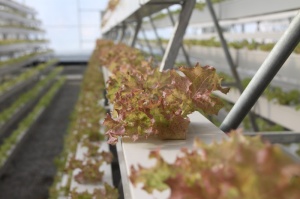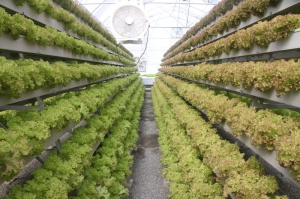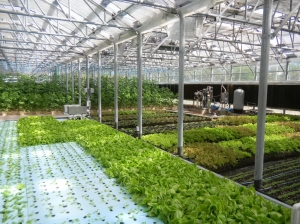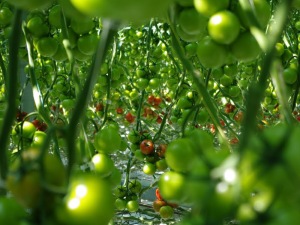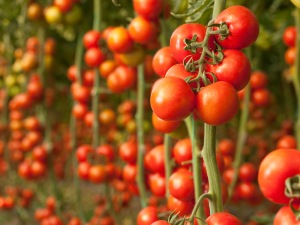Hydroponics is the form of farming that does not require the use of the soil. In this form of farming, only a water solution is required to accommodate the seeds. Sometimes the roots of the growing plants are suspended in a solvent or a growing medium, while others involve roots growing directly in water. Both methods are quite successful in as far as producing huge yields is concerned. They have become quite popular today and currently attract farmers from all walks of life and from all corners of the earth. Before you can decide whether this form of farming is reliable or not, you can do well to know more information about it. Here are some important highlights about hydroponics that can enable you to know more about it in full.
First of all, it is vital to bear in mind the fact that there are countless methods of hydroponic farming that are recognised today. However, only one method is well known. The most recognised form of hydroponic farming is the use of a technique only referred to as the nutrient film technique. In this technique, water is the main medium for the growth of the plant. The roots are suspended directly in water. There is no growing medium which is added in this technique. The water is only medium for the growth of the plant. Today, a good number of agratech farms are known to be using this form of hydroponic farming.
There are certain cases where a growing medium other than water is used. The two methods both lead to the production of high yields. This explains why they are both used extensively. There are numerous examples of mediums that are used. Common examples include perlite, rockwool and coconut fibre. These are some of the major growing media that are used in commercial hydroponic farming. The growing medium is inert and therefore has no effect on the growth of the plant. It is just the medium that provides a suitable environment for the growth of the plant. The nutrients are provided by water. When you
In hydroponic farming, what really matters is the amount of nutrients that are being supplied at a time. Therefore, this is a critical issue. Although this is also a key issue in soil farming, it is actually more pronounced in hydroponic farming where the soil plays no role in the supply of nutrients. In general, there has to be a balance between the micro and macro nutrients. The macro nutrients are the nutrients which are supplied in large quantities. These include nitrogen, phosphorous, oxygen, carbon and potassium. On the other hand, the micro nutrients are the nutrients which are required in minute amounts. In hydroponic farming, both nutrients must be available in their required amounts to make sure that the plant grows properly. Despite being required in minute amounts, the micro nutrients are just as important as the macro nutrients. The other issue that has to be addressed at all times is the PH of the growing medium. This can also have a huge bearing on the growth of the plants.
